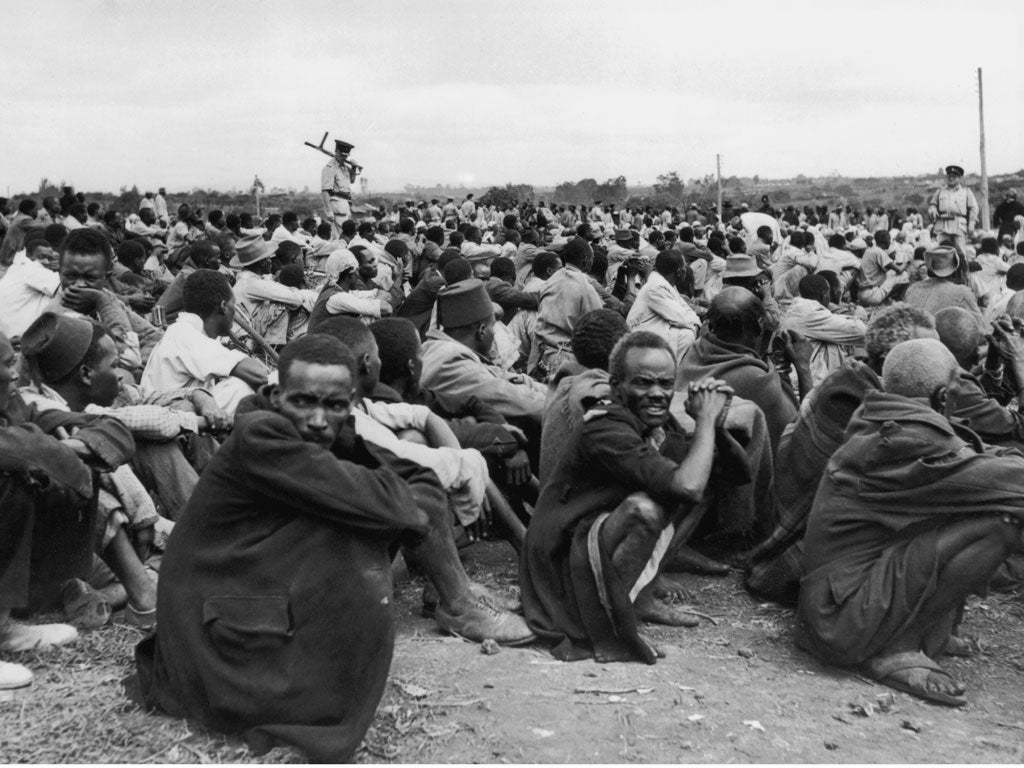Your support helps us to tell the story
From reproductive rights to climate change to Big Tech, The Independent is on the ground when the story is developing. Whether it's investigating the financials of Elon Musk's pro-Trump PAC or producing our latest documentary, 'The A Word', which shines a light on the American women fighting for reproductive rights, we know how important it is to parse out the facts from the messaging.
At such a critical moment in US history, we need reporters on the ground. Your donation allows us to keep sending journalists to speak to both sides of the story.
The Independent is trusted by Americans across the entire political spectrum. And unlike many other quality news outlets, we choose not to lock Americans out of our reporting and analysis with paywalls. We believe quality journalism should be available to everyone, paid for by those who can afford it.
Your support makes all the difference.The British public are generally proud of their country’s role in colonialism and the British Empire, according to a new poll.
At its height in 1922 the British Empire governed a fifth of the world’s population and a quarter of the world’s total land area, but its legacy divides opinion.
Common criticisms of the empire include its policies causing millions of famine deaths in British India, its running of brutal detention camps in occupied territories, and massacres of civilians by imperial troops.
The British Empire was also a dominant slave-trading power until the practice was outlawed in 1807, after which the Empire played key a role in ending the practice internationally.
The Empire’s proponents say it brought economic development to parts of the world and benefited the countries it controlled.
David Cameron has previously said the Empire should be “celebrated”.
YouGov found 44 per cent were proud of Britain’s history of colonialism while only 21 per cent regretted that it happened. 23 per cent held neither view.
The same poll also asked about whether the British Empire was a good thing or a bad thing: 43 per cent said it was good, while only 19 per cent said it was bad. 25 per cent responded that it was “neither”.

In 2006 Tony Blair apologised for the empire’s early role in the slave trade, describing the practice as a “crime against humanity”.
Mr Cameron has struck a different tone, however – refusing the apologise for the Amritsar massacre of 1919 in which nearly 400 innocent Indians were killed by imperial troops.
He has also refused to return the Koh-i-Noor diamond of British crown jewels to the country.
“I think there is an enormous amount to be proud of in what the British Empire did and was responsible for,” Mr Cameron said in 2013 on a visit to India.
“But of course there were bad events as well as good events. The bad events we should learn from and the good events we should celebrate
“In terms of our relationship with India is our past a help or a handicap? I would say, net-net, it is a help, because of the shared history, culture, and the things we share and the contributions that Indians talk about that we have made.”
The British Empire is not widely taught in detail in British schools, with history lessons tending to focus on other areas.
Former education secretary Michael Gove has said the British Empire should be taught in schools, while Labour leader Jeremy Corbyn has said children should also be taught about the suffering it caused

Join our commenting forum
Join thought-provoking conversations, follow other Independent readers and see their replies
Comments